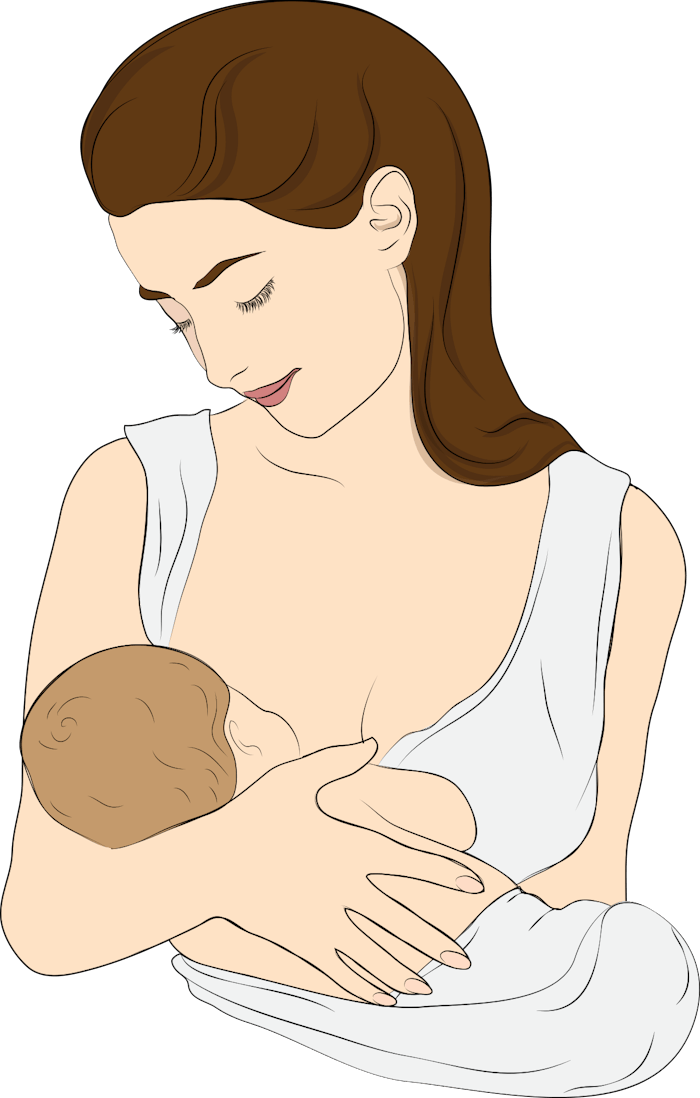Before I had my first child, I read everything I could find on breastfeeding. Knowing what a difficult time so many new moms faced, I wanted to be prepared, so I scoured books and websites about what I could expect. Of all the new knowledge that I acquired, the one big piece of information I somehow missed was how breastfeeding affects your hunger. No books held this secret and none of my friends admitted to feeling ravenous all the time. Why, then was I so hungry? Thankfully, today the answer to this question is readily available.
According to Baby Center, many moms feel extra hungry while they are nursing. This occurs because your body is having to work around the clock in order to make enough breast milk to adequately nourish your baby. Dr. Joan Meek, pediatrician and author of the American Academy of Pediatrics' new mother's guide to breastfeeding, told Today Parents that the average mom makes somewhere around 24 to 28 ounces of breast milk each day. Your body burns about 500 calories per day making that much milk. Although some of those burned calories come from a mother's fat stores, the rest of it comes from the food she eats.
The hunger pangs you feel when breastfeeding is your body's way of telling you that you need to eat more. In order to maintain an abundant milk supply, Kelly Mom noted that nursing moms should take in 1800 to 2200 (or more) calories per day than non-nursing moms. Those who consume less than 1500 to 1800 calories per day are putting their milk supply at risk. Moms who are exclusively breastfeeding need to consume 300 to 500 more calories than they did prior to pregnancy.
It's also important to remember that your recommended caloric intake will vary depending on your activity level, how often your breastfeed, and your fat reserves. Discuss your lifestyle with your health care provider, and together you can figure out a way maintain your milk supply, and healthfully satisfy those hunger pains.
